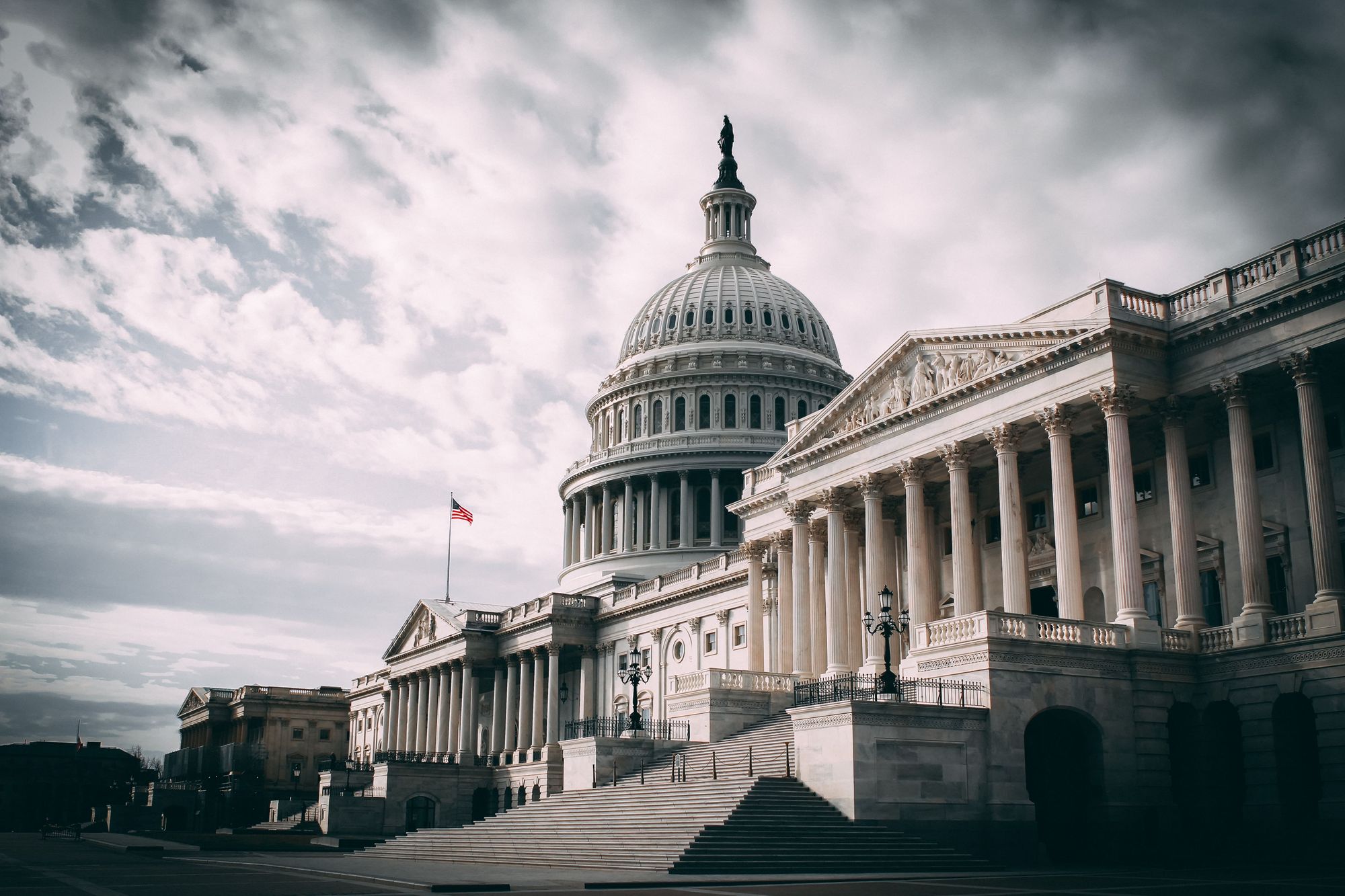Bitcoin markets saw strong upward price pressure this week, resulting in a massive liquidation of short positions and a short squeeze. Binance continues to face regulatory scrutiny across the globe in what appears to be a new era of cryptocurrency regulation. The Senate advanced a $550 billion infrastructure bill that included a new provision aimed at increasing taxation and regulation of U.S. cryptocurrency markets.
Bitcoin Prices Surge
Bitcoin experienced a large price surge after shortly dipping below $30,000. The currency had 10 straight days of price appreciation before pulling back to around $40,000 at the time of writing. On July 25th, there was a Bitcoin short squeeze on Binance, with the currency temporarily trading above $48,000. Bitcoin markets saw large volume and $1 billion in short positions liquidated during this time. Excluding the short squeeze, Bitcoin reached prices just above $42,000, marking the highest price levels since May.
Binance Continues Facing Regulatory Issues
Binance is beginning to shift its business practices in response to ongoing regulatory issues. The company will phase out futures and derivatives offerings in Germany, Italy, and the Netherlands. Additionally, Securities Commission Malaysia reprimanded Binance for illegally operating in the region, giving the exchange two weeks to cease all operations in the country. Binance CEO and founder Changpeng Zhao is willing to step down in order to make room “for someone with a strong regulatory background to step in and be CEO.” The global crackdown on Binance may signal future reprimands for the many other companies in the space, many of whom have used a regulatory approach of asking for forgiveness instead of permission.
The Senate Advances Infrastructure Bill With New Cryptocurrency Provision
The Senate will move forward with the infrastructure spending bill after a 67-32 vote. The proposal was supported by 17 Republicans and all 50 Democratic Senators. Now, the Senate will debate and amend the current proposal before attempting to pass the final package. The current proposal calls for $550 billion in new spending, with large allocations to roads, water infrastructure, high-speed internet, and environmental investments. The proposal also introduces increased customer disclosure requirements for cryptocurrency brokers and investors. If passed, this provision is estimated to raise $28 billion in additional tax revenue from cryptocurrency markets over the next decade. The provision received backlash from companies concerned that the proposal is overly burdensome.
U.S. Economic Growth Is Slower Than Expected
Key metrics indicate economic recovery during Q2 was slower than expected. U.S. GDP rose at an annualized pace of 6.5%, well below market expectations of 8.4%. Unemployment claims of 400,000 were greater than the expectation of 380,000. Jerome Powell conceded that the central bank was surprised by the magnitude of price increases, which were well above Fed estimates of 3.4% year-over-year PCE inflation. Powell blamed high inflation levels on supply bottlenecks resulting in temporary product shortages. The Fed has begun discussing a reduction in asset purchases in response to inflation concerns.
Market Recap
Bitcoin markets experienced significant gains recently, despite primarily negative regulatory developments. The Senate is moving forward with a large infrastructure spending bill, despite persistent levels of high inflation. The bill includes a provision to raise tax revenue from cryptocurrency markets in an effort to fund the reckless spending measures. However, the main effect from this provision would be to stifle innovation and add market frictions. The infrastructure bill simultaneously indicates that the Senate is not concerned about inflation and lacks understanding of cryptocurrency market dynamics.


